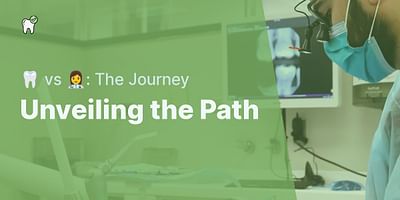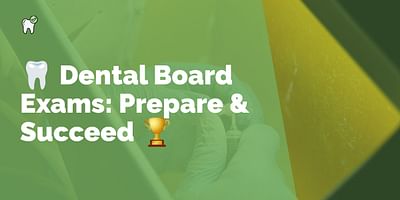Dr. Sylvia Green is an experienced dentist with a decade of professional practice under her belt. Her commitment lies in guiding her patients toward excellent oral health, with a particular emphasis on the critical role of preventative measures. Outside of her medical pursuits, Dr. Green is an avid hiker and culinary enthusiast, always keen on discovering and experimenting with new recipes.
Entering dental school is a dream for many aspiring dentists, but it's important to understand that the admissions process can be quite competitive. Dental schools receive a large number of applications each year, and they have limited spots available. As a result, the admissions committees have to carefully select the most qualified candidates.
One of the main factors that contribute to the competitiveness of dental school admissions is the high demand for dental education. Dentistry is a rewarding and well-respected profession, which attracts a large pool of applicants. This means that you'll be competing against many other highly motivated individuals who share the same career aspirations.
When evaluating applicants, dental schools consider various factors to determine their suitability for the program. These factors, which are detailed in our guide on dental school acceptance rates, include:
- Academic performance: Dental schools typically require a strong academic background, with a focus on science courses such as biology, chemistry, and physics. Your undergraduate GPA and performance in prerequisite courses will be closely evaluated.
- Dental Admission Test (DAT) scores: The DAT is a standardized exam that assesses your academic ability and scientific knowledge. Your scores on this test play a significant role in the admissions process.
- Extracurricular activities and community involvement: Dental schools also value well-rounded applicants who have demonstrated leadership, community service, and a commitment to the field of dentistry. Participation in dental-related research or volunteer work can greatly enhance your application.
- Letters of recommendation: Strong letters of recommendation from professors, dentists, or other professionals who can speak to your character and abilities can make a positive impact on your application.
It's important to note that the competitiveness of dental school admissions can vary from year to year and between different schools. Some dental schools may have more stringent admission requirements, while others may be more lenient. It's essential to research and understand the specific admission criteria for each school you're interested in, and our guide to top dental schools can help with this.
To increase your chances of getting accepted into dental school, it's crucial to start preparing early. Focus on maintaining a strong academic record, gaining relevant experience through internships or shadowing opportunities, and actively engaging in extracurricular activities that demonstrate your passion for dentistry. Our tips for acing your dental school interview can also be a valuable resource.
Remember, the road to becoming a dentist may be competitive, but with dedication, hard work, and a strong application, you can increase your chances of getting accepted into dental school and pursuing a rewarding career in dentistry.















